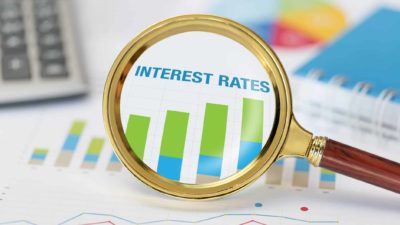The ASX closed at a new record high last week, with the All Ordinaries (INDEXASX: XAO) breaking through the 7,000 point level for the first time. Australian shares have followed the global bull market to new heights through 2019 and into 2020, but can the trend continue?
Global outlook
Factors such as global GDP growth, low unemployment, and a low interest rate environment have helped support global equities.
Global growth, however, weakened in 2019 as the US–China trade war and slowing growth in China impacted on growth. Global GDP growth slowed to 3% in 2019 from 3.6% in 2018, but is predicted to increase slightly to 3.4% in 2020.
Geopolitical turmoil has also risen since the start of the year, with conflict between Iran and the US undermining confidence. Nonetheless, optimism around a US–China trade deal helped spur an upbeat start to the year. Phase one of the trade deal was announced pre-Christmas, however commentators are predicting progress on a second-stage deal may have to wait until after the US Presidential elections.
Australian share valuations
Many Australian stocks are trading at expensive multiples compared to historical levels. This is particularly the case if the outlook for economic growth is muted. Asset prices are stretched and future earnings growth may be modest. For now at least, Australian equities are supported by low rates, reasonable economic growth, and reasonable commodities prices. This is offset, however, by declines in business and consumer confidence, low wage growth, and high household indebtedness.
Lack of alternatives
The issue for those who fear the sharemarket has peaked is the lack of reasonable alternatives. Low interest rates make it costly to turn to defensive assets such as bonds and cash. The low returns on these assets make risky assets look relatively attractive. Cheap debt has spread worldwide since the GFC; many companies and markets may not survive higher rates, meaning central banks may be hesitant to move rates higher should inflation and employment levels recover. Low rates, which have facilitated the rise in growth assets, may therefore continue for some time.
Asset allocation
So, should you be adjusting your asset allocation in 2020? Not necessarily. Asset allocation experts surveyed by the Australian Financial Review recommend staying invested in the stock market, but being selective about the shares you invest in.
Overall returns going forward may be lower, but shares are still likely to outperform defensive assets over the cycle. Prospects, valuations, and risks vary across sectors, meaning there is room for active management in the current market.








